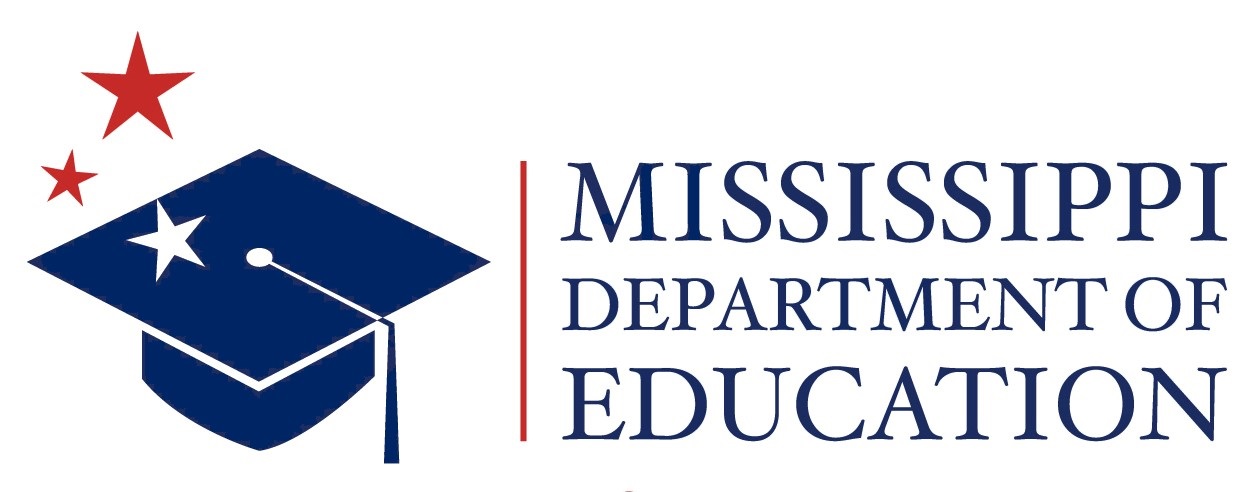Policies
Mississippi Code of 1972- Healthy Students Act- Section 37-13-134
Mississippi Code 37-13-171
Mississippi Public School Accountability Standards:
Standard 17.5.1.
17.5.1 Each school has on file a school wellness policy developed by a local school health council that addresses the components of a coordinated school health and that has been approved by the local school board.
Standard 26
The basic curriculum of each high school consists of required and approved courses that generate at least 32½ Carnegie units annually. {MS Code 37-1-3(2)} (SB Policies 2902 and 2903)
Standard 27
The basic curriculum of each elementary or middle school (any configuration of grades K-8) consists of reading/language arts, mathematics, science, social studies, the arts, health education, and physical education, which may be taught by a regular classroom teacher. {MS Code 37-1-3(2) and 37-13-134}
Helpful Resource Links:
Health In Action Lesson Plan Website:
This database provides over 1300 lesson plans that incorporate health and physical education activities and can be used in academic classroom settings.



